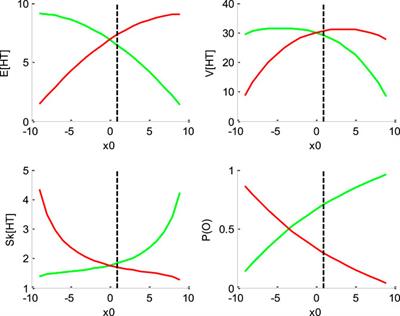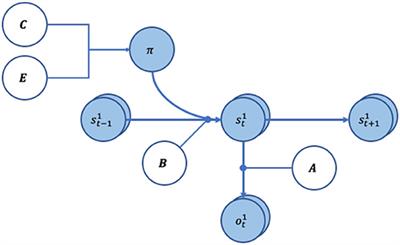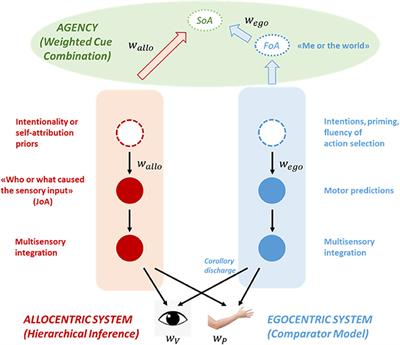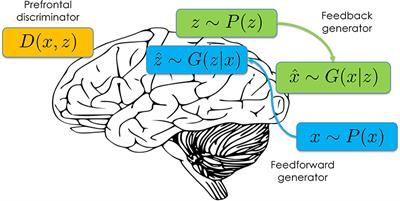EDITORIAL
Published on 07 Jun 2021
Editorial: Probabilistic Perspectives on Brain (Dys)function
doi 10.3389/frai.2021.710179
- 1,231 views
- 1 citation
16k
Total downloads
108k
Total views and downloads
Select the journal/section where you want your idea to be submitted:
EDITORIAL
Published on 07 Jun 2021
REVIEW
Published on 21 May 2021

ORIGINAL RESEARCH
Published on 09 Apr 2021

ORIGINAL RESEARCH
Published on 28 Oct 2020

ORIGINAL RESEARCH
Published on 03 Sep 2020

HYPOTHESIS AND THEORY
Published on 14 Aug 2020

HYPOTHESIS AND THEORY
Published on 09 Jun 2020

ORIGINAL RESEARCH
Published on 28 Feb 2020

HYPOTHESIS AND THEORY
Published on 18 Feb 2020

ORIGINAL RESEARCH
Published on 21 Jan 2020

HYPOTHESIS AND THEORY
Published on 18 Sep 2019


Frontiers in Big Data